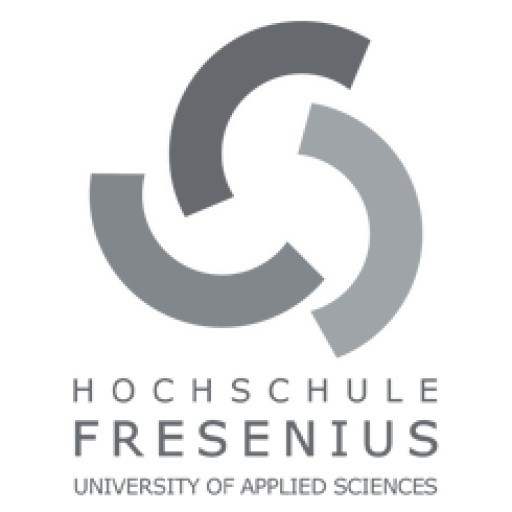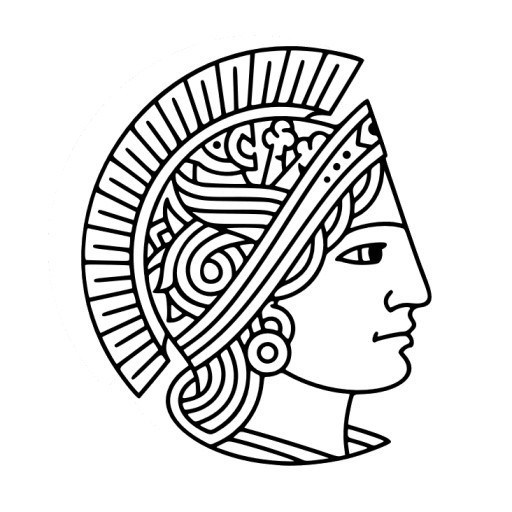Photos of university / #hsfreseniuscampus
The International Pharmacoeconomics, Health Economics and Market Strategies for Healthcare Products program at Hochschule Fresenius offers students a comprehensive education in the economic evaluation and strategic management of healthcare products and services. Designed for individuals aiming to excel in the rapidly evolving pharmaceutical and healthcare industries, this program provides a deep understanding of how economic principles apply to healthcare decision-making, policy formulation, and market dynamics. Throughout the course, students explore core concepts such as cost-effectiveness analysis, health technology assessment, market access strategies, and pricing policies, gaining valuable skills to navigate complex economic environments within the healthcare sector. The curriculum combines theoretical knowledge with practical applications, emphasizing real-world case studies and industry-relevant projects to prepare graduates for roles in pharmaceutical companies, healthcare consulting, policy development, and health authorities. Students also learn about the global healthcare market, regulatory frameworks, and innovative market strategies to effectively position healthcare products in competitive markets. The program benefits from Hochschule Fresenius’ strong links with industry partners, offering students internship opportunities and networking events that enhance their professional development. With a focus on international perspectives, the program prepares graduates to work across borders and adapt to diverse healthcare systems and economic conditions worldwide. Graduates will acquire the analytical and strategic skills necessary to contribute to the sustainable development of healthcare markets and improve access to innovative healthcare solutions. By the end of the program, students are equipped to influence policy, optimize healthcare costs, and develop effective market strategies that meet the needs of patients, providers, and policymakers.
Educational organisation
The MSc programme has been designed using the modular approach. In brief, the programme consists of 120 ECTS credits and includes compulsory modules covering the primary disciplines in health economics and pharmacoeconomics.The first two semesters consist of theoretical modules. Modules are a good mixture of methodology and applied knowledge. Modules include the following:
- Introduction to Economic Theory for Healthcare
- Epidemiology and Applied Statistics
- Pharmacoeconomic Evaluation and Outcomes Research
- Modelling in Pharmacoeconomics
- Health Policy, Healthcare Systems & Regulations
- Ethical Issues in Healthcare Resource Allocation
- Market Strategies for International Healthcare
- International HAT Processes, Pricing & Reimbursement
- Academic Writing Skills
- Presentation and Negotiation Skills
Study abroad unit(s)
Although there are no compulsory units abroad, participants are encouraged and able to work and research internationally as part of the residency programme and research project. This leads to a thesis.Internships
The residency placement in the third semester is obligatory and will be carried out in selected organisations involved in health economics and pharmaceutical and medical device technology, where students gain insight into the working pattern of such institutions and may apply knowledge to concrete problems in the health care sector. Support in initial placement as well as supervision during the internship will be provided.Forms of assessment
Coursework, class tests, reports, oral presentation, dissertationCourse objectives
Through the Master's programme in International Pharmacoeconomics, Health Economics and Market Strategies for Healthcare Products, students obtain the competencies required in order to carry out academic, specialised, and critically reflective work in companies in the healthcare industry. One focus is upon the pharmaceutical industry and medical device industry. Furthermore, the course of study enables students to undertake academic activities in facilities such as research institutes. Due to the international focus of the subject matter and the student clientele, the MIMS course of study empowers students with an informed understanding of the interdependencies that connect economics, pharmacoeconomics, and health economics, as well as strategic issues of resource allocation in different health systems and markets. The course of study thereby provides students with a sound base of knowledge and methodologies to solve problems and deal with challenges in pharmaceutical technology and medical technology as well as the evaluation of alternative strategies from both the perspective of the healthcare system as well as from a business perspective, all in a multicultural environment.Students obtain the necessary economic, methodological, strategic pharmacoeconomic, and health economic knowledge in order to work in companies in the pharmaceutical or medical device industry, consultancy firms with a focus upon the pharmaceutical industry or medical technology, or in government organisations and associations in an international environment. The teaching of differentiated judgement, methodical expertise, and professional skills is designed to allow a competent approach to professional life.
Language requirements
If English is not the student's native language, the results of one of the following language tests must be provided:TOEFL computer-based or internet-based test: 90 points; IELTS: minimum of 6.5 points; Cambridge Certificate of Advanced English: Grade "B"
Academic requirements
The successful completion of an undergraduate degree (Bachelor's/honours degree or equivalent) of at least 180 ECTS credits in one of the following fields: health & life sciences, economics, or natural sciences, e.g., pharmacy, chemistry, biology, medical technology, medical engineering, or nutrition. Graduates of other fields must have at least six months of professional experience in the pharmaceutical industry or in the healthcare sector.Proof of English language skills by means of an online-based TOEFL test with at least 90 points or an IELTS certificate with at least 6.5 points or a Cambridge Certificate of Advanced English: Grade "B"
All inquiries should please be addressed to Ms Wiltrud Reinstaedtler (reinstaedtler@hs-fresenius.de).
Enrolment fees
- Administration charges for admissions procedures: 300 EUR
- Uni-assist examination fee for non-EU students: 150 EUR
- Enrolment fees are approx. 130 EUR per semester. The fee includes a semester ticket covering public transport in the Rhine-Main metropolitan area.
Costs of living
General estimates for minimum monthly living expenses range from 650 to 700 EUR (source: DAAD).Job opportunities
In general, EU citizens are not subject to any limitations of employment in Germany and are legally treated as German citizens. Exceptions to this rule are students from countries that are newer members of the EU (Estonia, Latvia, Lithuania, Poland, Slovakia, Slovenia, the Czech Republic, Hungary and Croatia). Students from these countries require a work permit for employment and should consult their local German embassy for detailed information.Non-EU nationals are subject to employment regulations according to the individual country and should also consult their local German embassy for detailed information.
Arrival support
An orientation programme for students of the MSc programme is held prior to the start of the academic term. During the orientation sessions, students will be provided with detailed practical information on studying and student life at Fresenius University of Applied Sciences. Furthermore, they will have the opportunity to meet key members of staff. There will also be social events that will enable students to meet other students.Services and support for international students
The International Office of Fresenius University of Applied Sciences applies for and supervises international promotional programmes. Furthermore, it informs and advises students and trainees about various possibilities for assistance and cultivates international contacts at Fresenius University of Applied Sciences. Each site of Fresenius University of Applied Sciences has an International Office, which offers one point of contact for all questions concerning international matters in all training programmes, study programmes, and faculties. It provides an important link between various programmes and the students, as well as the first point of contact for questions concerning any programmes of foreign study.Each student will receive a special service package and individual assistance from the MSc Programme Office. Furthermore, the MSc Programme Office supports students in the visa application process and with finding accommodations.
In addition, a buddy programme is in place at Fresenius University of Applied Sciences, which is designed to help new international students meet other students quickly and easily at the beginning of the programme.







